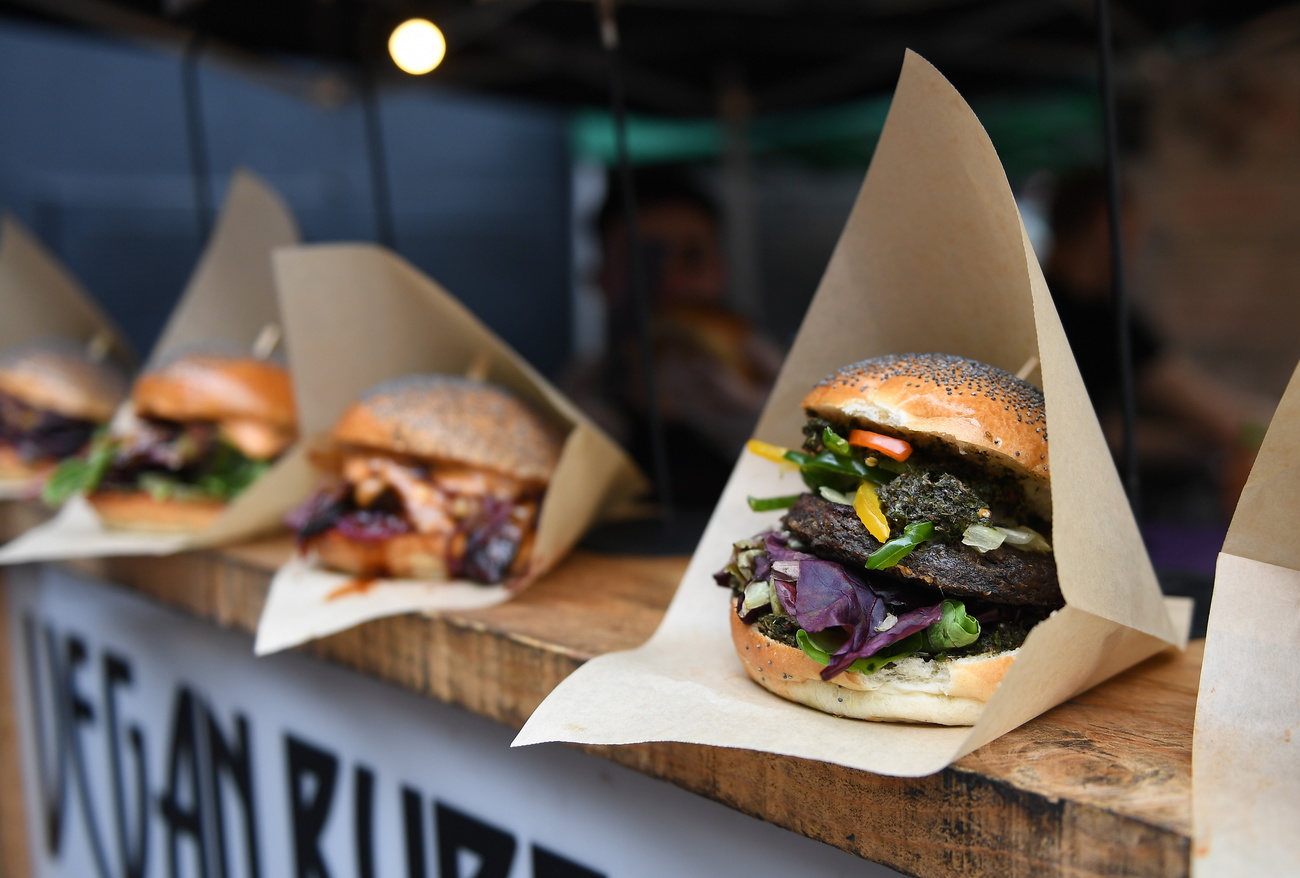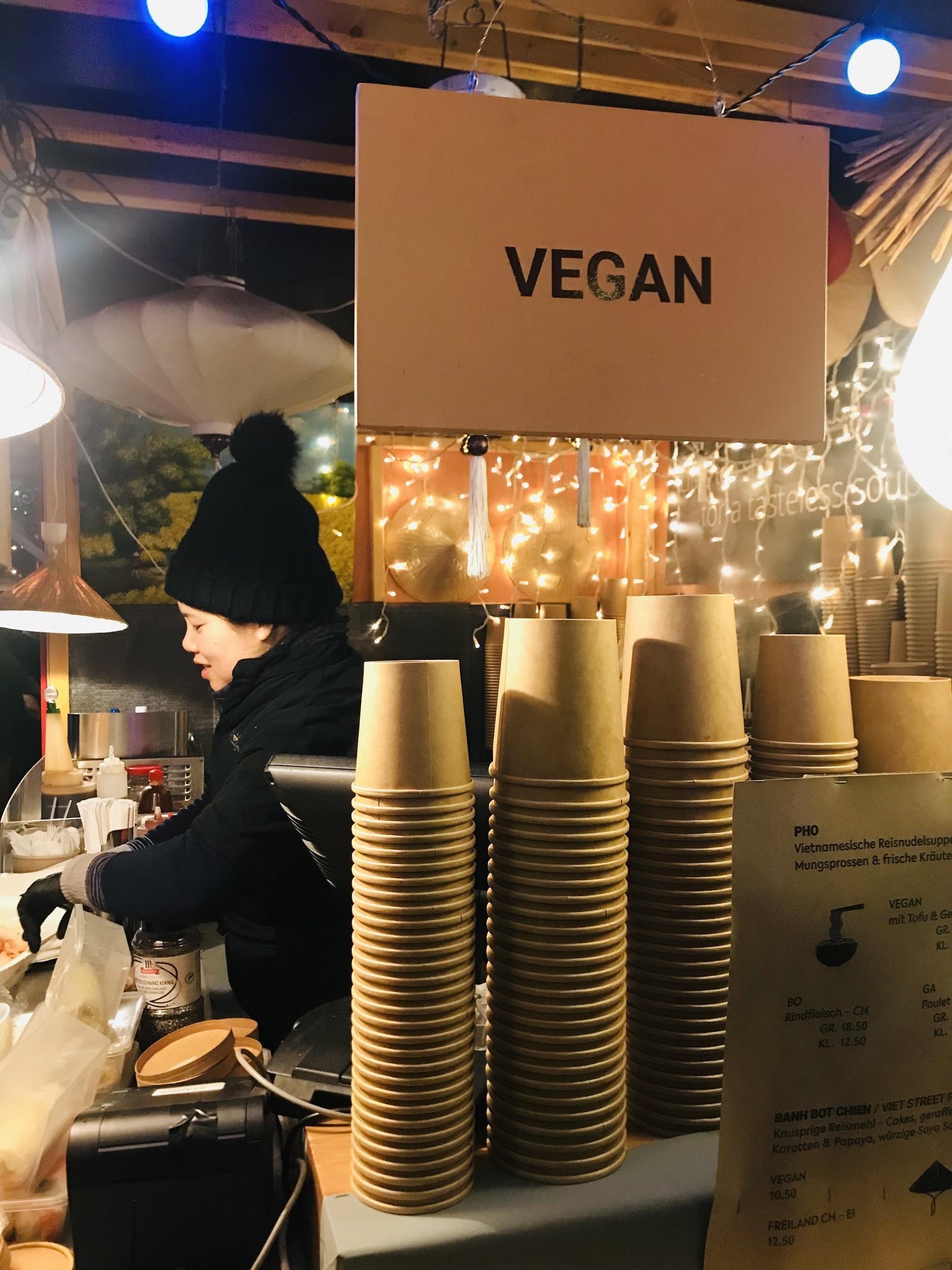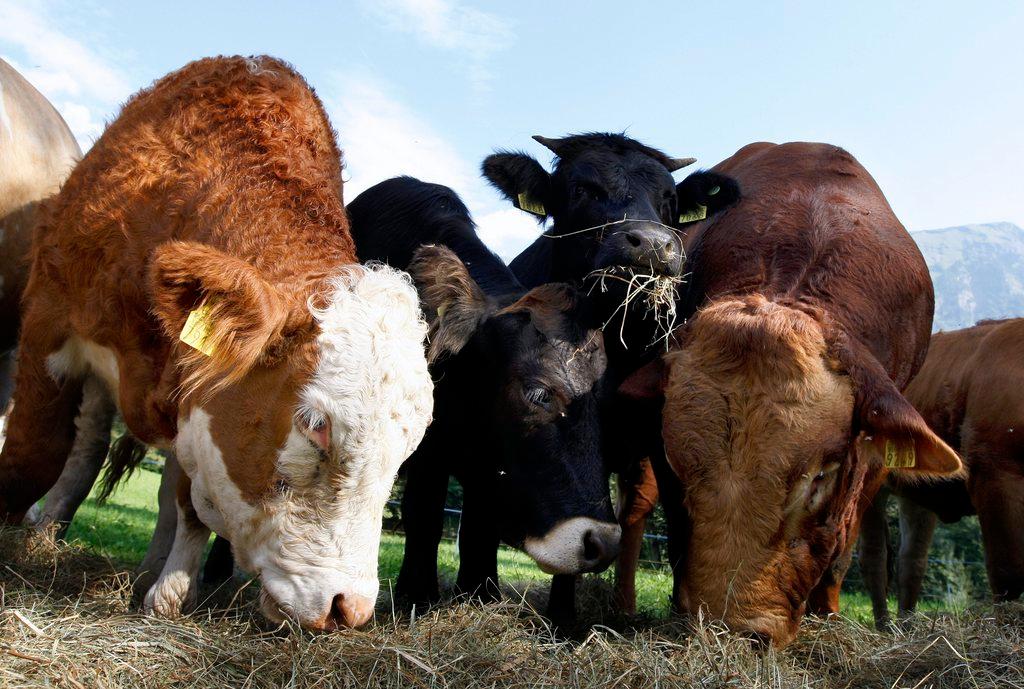
Consumption of meat alternatives booms

Sales of meat substitutes in Switzerland hit CHF117 million ($130 million) last year, with plant-based burgers being particularly popular. The Covid-19 pandemic also played a role.
This figure has almost doubled since 2016, the Federal Office for Agriculture (FOAG) wrote on MondayExternal link in Switzerland’s first meat substitute report. Compared with real meat, however, it remains a niche product with a market share of 2.3%.
The report noted how official measures to combat the Covid-19 pandemic – in particular the partial closure of catering establishments and restrictions on border traffic – had greatly increased demand for meat in the retail trade.
Overall, Swiss retailers reported record sales of food products including drinks. Compared with the previous year, sales rose by 11.3% to CHF29.9 billion. Sales of meat and meat products increased by 13.7%. Sales of meat substitutes rose by 49.4% year-on-year to 5,705 tonnes.
The highest growth rates were recorded by so-called meat analogue products, which are supposed to look and taste like meat.
The agriculture office said “meat-like” products now accounted for over 50% of all sales of meat substitutes. Already one in six burgers sold is made from plant-based ingredients, it said. Five years ago, that figure was one in 14 burgers.

More
Is it difficult being a vegetarian or vegan in Switzerland?
Price differences
In a direct product comparison, meat substitutes were significantly more expensive than meat products, FOAG said. On average, a plant-based burger costs 42% more than a meat burger, while the difference for sliced meat is 16%.
It added that meat substitutes were particularly popular with young, high-income families from German-speaking Switzerland.
Various studies forecast a growth trend for meat substitutes. FOAG said the market for meat substitutes therefore offered great potential for Swiss agriculture, as almost all vegetable proteins for domestic meat substitute production are currently imported.

More
Getting your teeth into Swiss meat prices

In compliance with the JTI standards
More: SWI swissinfo.ch certified by the Journalism Trust Initiative































You can find an overview of ongoing debates with our journalists here . Please join us!
If you want to start a conversation about a topic raised in this article or want to report factual errors, email us at english@swissinfo.ch.